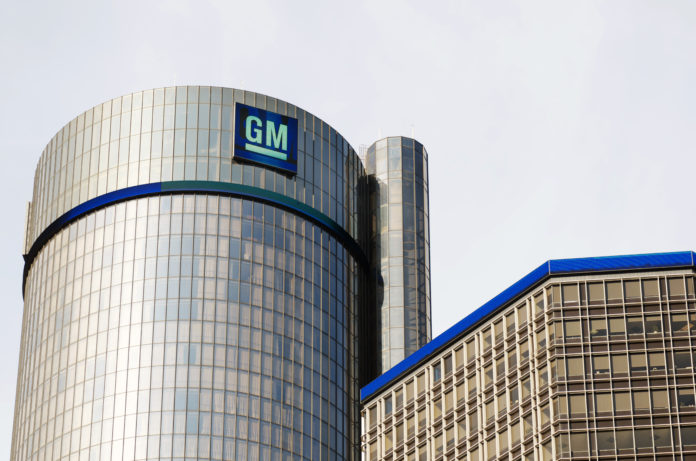General Motors became an enduring symbol of the financial crisis back in 2009, when the company was restructured after filing for Chapter 11 bankruptcy. Now, that filing has directly saved the corporation from a series of ongoing lawsuits stemming from years of negligence.
Judge Robert E. Gerber of the United States Bankruptcy Court in New York City—the same arbiter who presided over the bankruptcy hearing—ruled on Wednesday that lawsuits and claims stemming from a defective ignition switch were invalid, thanks in large part to a condition of the 2009 bankruptcy agreement.
Judge Gerber determined on July 10, 2009 that a liability shield would be included in the bankruptcy restructuring, shielding “New GM” from responsibility for all claims pre-existing that date. Gerber enacted that ruling to block the lawsuits on Wednesday.
At least 84 deaths are tied to that defective ignition switch, and “New GM” has admitted that many of its employees were aware of the defective switch, yet failed to alert car owners of their potential claim against the company. Nonetheless, Judge Gerber determined that only claims resulting from incident that occurred on July 10, 2009 or later would be valid in court.
That provided little solace to Ken Rimer, whose stepdaughter Natasha Weigel was killed in 2006 when her Chevrolet Cobalt swerved off the road and crashed into a tree. Natasha was only 18 years old.
“[This ruling] is like a ‘Get Out of Jail Free’ card for G.M.,” Rimer told the New York Times. “It’s very frustrating that the judge made this decision.”
Frustrating, for sure, but unfortunately the decision is none too surprising. Since the outset of the financial crisis, General Motors has prevailed repeatedly in legal proceedings—all while benefitting from over $50 billion in taxpayer money via government bailouts.
Retirement Media Inc. had the opportunity to interview Brandon Garrett, a professor of law at the University of Virginia and author of Too Big To Jail: How Prosecutors Compromise with Corporations. When I asked Professor Garrett about GM specifically, he didn’t mince words.
“It’s not just fleecing people,” said Garrett. “GM might be a good example, under investigation for these defective autos. People die in corporate crimes—they range in all different types of crimes, just like individual people.”
Lawyers for the plaintiffs say they plan to appeal Judge Gerber’s ruling, which they estimate saved General Motors between $7 billion and $10 billion in potential damages. But in order to get a reversal, they’ll have to break a disturbing streak of favorable court rulings for General Motors.













